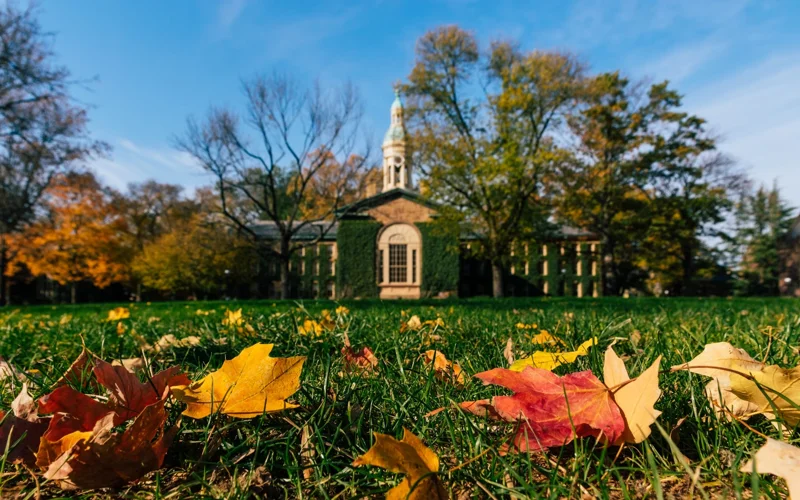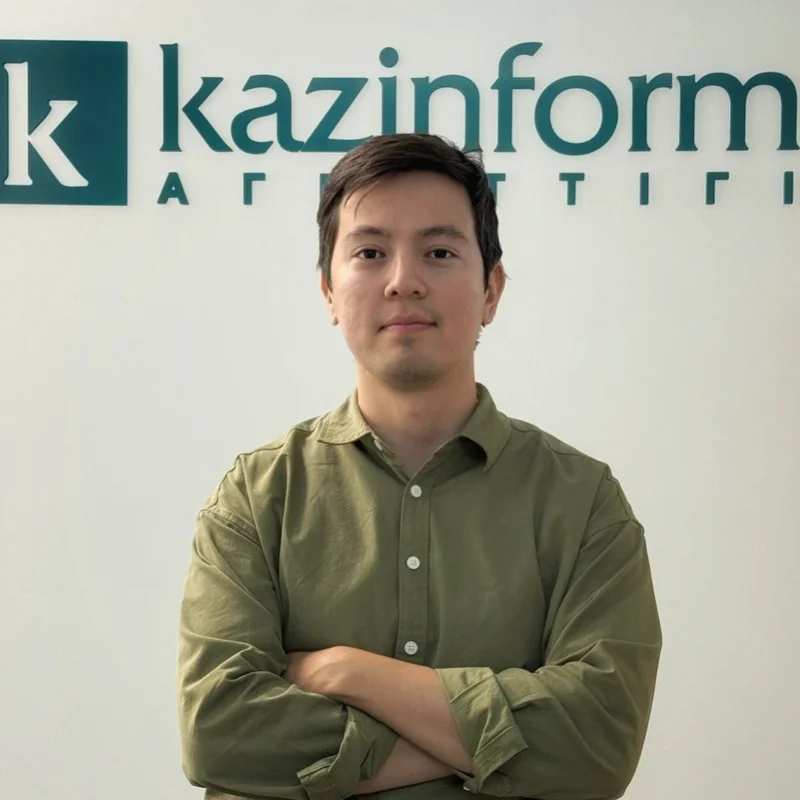What you need to know before applying for a PhD - new global survey
PhD satisfaction is rising again, but challenges remain. Nature’s 2025 global survey of 3,785 doctoral candidates across 107 countries reveals that while many are happier post-pandemic, financial pressures, weak supervision, and growing concerns about AI continue to shape the modern PhD experience, Kazinform News Agency correspondent reports, citing Nature.

Overall, 75% of PhD students report being satisfied with their experience, up from 62% in 2022 and nearly back to 2017’s pre-COVID highs (78%). Many credit the return of in-person collaboration for this improvement. Still, the data reveal striking disparities: women and ethnic-minority researchers remain less satisfied than men, and nearly half of all respondents report experiencing some form of discrimination or harassment during their studies.
The survey also highlights a worrying lack of mentorship. Nearly half of PhD students spend less than an hour a week with their supervisors. In countries such as Germany and the United Kingdom, students report particularly sparse supervision, despite better funding opportunities.
The money problem and politics in the lab
If there is one universal complaint among PhD candidates, it’s finances. 42% cite financial pressure as their main concern, and rising living costs are forcing many to reconsider academic careers altogether. Over half of respondents say inflation has already influenced their decision to continue or pause their degrees.
The issue is particularly severe in the United States, where political and economic uncertainty has created additional stress. American students ranked the political landscape, including funding cuts and immigration restrictions, as their top worry.
Meanwhile, in China and India, growing competition and limited research preparation at the undergraduate level have left many students struggling to adjust to the demands of independent research.
Artificial Intelligence
For the first time, Nature’s survey examined how PhD students use artificial intelligence tools such as ChatGPT, Copilot, and Claude.
Over half use AI at least weekly, mainly for literature reviews, data collection, and job applications. However, 81% admit they don’t fully trust AI outputs, and 65% worry that heavy reliance weakens their critical-thinking and writing skills. A majority (64%) say they want clearer guidance from universities on ethical and responsible AI use.
What successful PhD students wish they had known
When asked what advice they would give to their “pre-PhD selves,” doctoral candidates consistently emphasized one theme: choose people, not just projects. 20% said selecting the right supervisor was the single most important factor in a successful PhD. Others warned about lab culture and the importance of gut instinct when choosing where to study.
“The culture of the institution matters more than almost anything else. Listen to your gut when you feel like a university or lab culture is not a good fit,” female second-year student in the United States said.
Another common piece of advice was to define personal motivation early.
“Getting a PhD is a labor of love. Take the time to know that this is really what you want to pursue and if it is, then make sure you balance your mental health throughout the process,” wrote female second-year student in the United States.
Financial readiness also ranked high. 9% of respondents recommended careful budgeting before committing, and several warned about the long-term financial costs of years spent outside the job market.
Balancing ambition and well-being
The survey shows that burnout, imposter syndrome, and loneliness remain major obstacles. 30% of respondents have sought professional help for anxiety or depression related to their studies, more women than men.
Many students advise setting clear boundaries and taking breaks without guilt.
“Don’t let guilt run your PhD. Do your work during work hours and give yourself permission to disconnect afterward. Take your vacations without shame. No one finishes everything they plan”, says fifth-year student in Croatia.
Others reminded future candidates that self-worth should not be tied to academic output.
“Remember that pursuing a PhD is an academic journey — it does not define your worth”, notes third-year student in South Korea.
Despite the challenges, the survey paints a picture of resilience and passion. Most students (72%) say they feel fulfilled by their work and value the independence and creativity their studies allow.
Earlier, Kazinform News Agency reported on what scientists really think about using AI in research.
